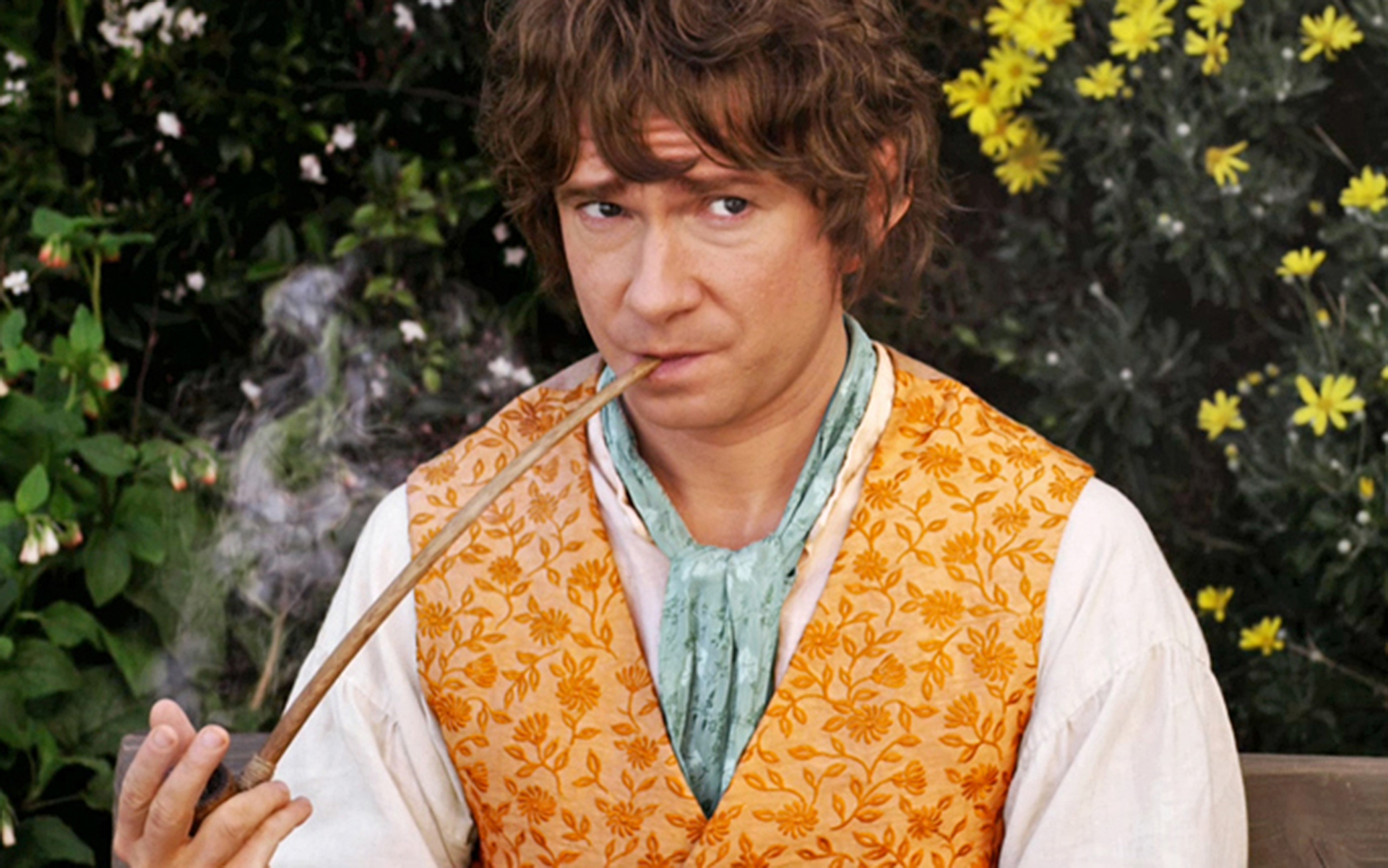The world’s weirdest explanation for Brexit is back again. Donald Tusk, in a speech calling for Remainers to not give up, has said:
“I have heard repeatedly from Brexiters that they wanted to leave the European Union to make the United Kingdom great again, believing that only alone, it can truly be great,” Tusk said. “You could hear in these voices a longing for the empire. But the reality is exactly the opposite.”
I keep on hearing this argument, especially in the US media and by Fintan O’Toole, and it’s just strange; barely above “Kremlin mind games” as an explanation.
I have literally never heard a single Leave supporter mention the empire or even alluding to a return to greatness; I haven’t even heard one on the radio, or read one using it as an argument. It’s a case that is made entirely by Remainers, a phantom.
Supporters of the European Union – before “Remainer” became a sort of Blue Tribe identity in Britain – used to accuse their opponents of being “Little Englanders”, which was far more accurate. Many Brexiters no doubt feel nostalgic about a former time, but their historical longing is far more linked to the Second World War than, say, the Raj, of which most English people know almost nothing, or care about as much.
Rather than longing for imperial greatness, a majority of English Leave voters don’t even care if the Union breaks up. Leavers are not generally keen on foreign intervention, either; if anything, as Tom Holland put it, they’d just like to go back to the Shire and smoke pipe-weed.
All of this is so strange because the EU explicitly models itself as an empire, a specifically liberal empire based on an early medieval vision of a united Latin west. That’s why the prize given to Donald Tusk for his role in promoting European Unity is named after Charlemagne, who in 800 in Rome was crowned as the Emperor of the West (you can read all about it here).
The EU, and the increasingly complex web of treaties and trade rules that by neccessity supercede democratic parliaments and assemblies, represent a return to a more imperial form of government. That form of imperialism is arguably the future. The Leave vote, if anything, represents nostalgia for an altogether different relic of another era: the nation-state.











Join the discussion
Join like minded readers that support our journalism by becoming a paid subscriber
To join the discussion in the comments, become a paid subscriber.
Join like minded readers that support our journalism, read unlimited articles and enjoy other subscriber-only benefits.
Subscribe